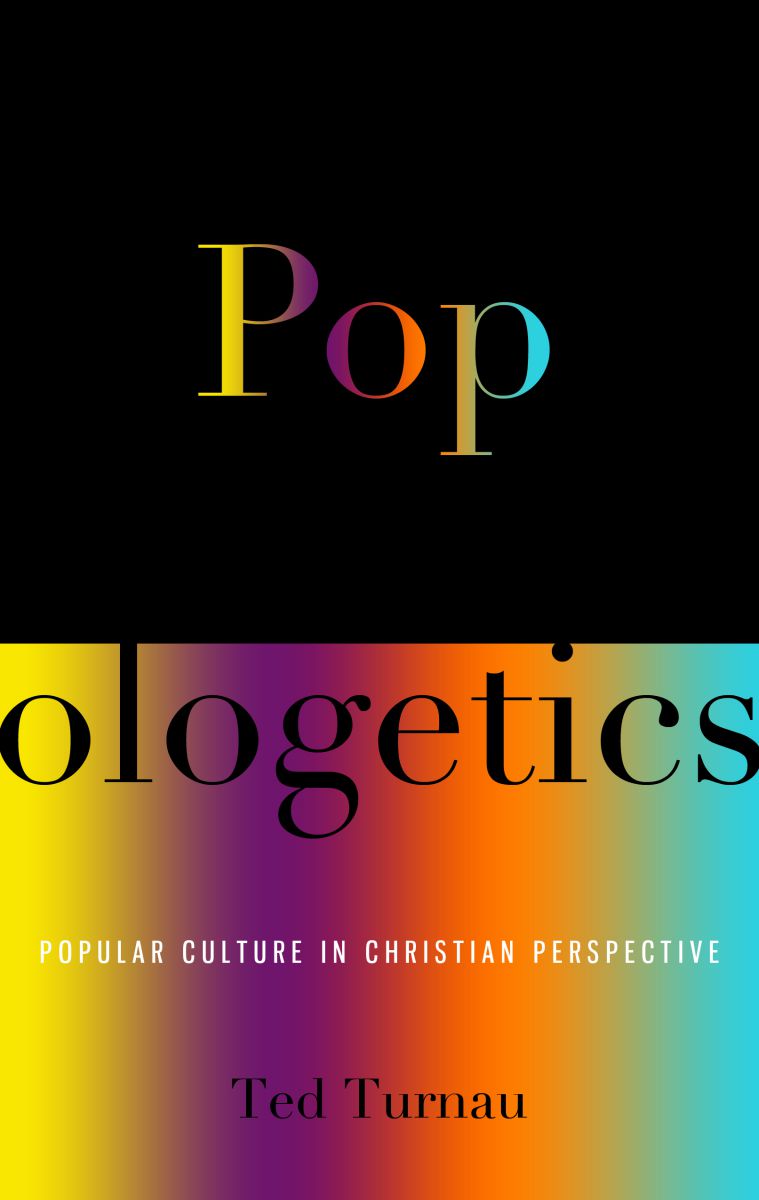Book Review: Popologetics (1)


Popologetics: Popular Culture in Christian Perspective, Ted Turnau, Phillipsburg: P & R Publishing, 2012. Paperback, 346 pages, $20.89.
It was 1992 and there was a lot of time to spend on the bus between home and university. From time to time, one of my good friends from high school would be on the same bus and we would get to talking about all kinds of different things. On one occasion, we got into a rather intense debate about whether Christians should watch movies. There is this phenomenon known as the “cage phase.” People, mostly on the younger side, discover the Reformed faith and they become intolerable – they should be put in a cage, hence “cage phase.” I had been a rather worldly young man in my teen years. Having finally become serious about my faith, I was going through my own cage phase. It seemed to me that a true Reformed believer must abandon popular culture completely. Hence, no movies, no rock music (I threw out hundreds of tapes), no TV, no worldly books, absolutely nothing that smacks of the world. It must be all or nothing. My friend on the bus disagreed, although from what I remember his reasons were not particularly Christian or well thought out.
It took a few years for this cage phase to wane. Along the way, I began to develop a more balanced and biblical view of popular culture. I can look back now and see how it happened step-by-step. I discovered the writings of Cornelius Van Til and Reformed apologetics. I read some essays by John Frame applying Van Til’s teachings to popular culture. I had to take a fine arts option in university and art and music were definitely out, since I’m neither artistic nor musical. That left film studies. In Film Studies 200, I learned that film is not merely entertainment, but also art in its own right. By the time I graduated from university, I could again appreciate various aspects of popular culture. I began writing cultural critiques for Reformed Perspective magazine, critiques of movies like Star Wars and musicians like Tom Cochrane, Bryan Adams, and Shania Twain.
All of this is to say that the issues discussed in this book by Ted Turnau resonate with me. I’ve been thinking about them for over twenty years already. What should Christians do with popular culture? Do we thoughtlessly embrace it as the background for our daily lives? Do we reject it altogether, since it comes from the world and the world is given over to sin? Or is there another way, a better way? Ted Turnau is convinced that there is a better and more thoughtful way for Christians to engage popular culture, a way which will serve our neighbours best and also give more glory to God.
Ted Turnau is an American teaching cultural studies in the Czech Republic. He has a Ph.D. in apologetics from Westminster Theological Seminary in Philadelphia. That brings me to the first important characteristic of this book: it is an application of Reformed apologetics to the field of popular culture. Several times throughout the author indicates his indebtedness to Reformed apologists such as Cornelius Van Til and Greg Bahnsen. Just like Jason Lisle applied Reformed apologetics to the question of origins in his book, The Ultimate Proof of Creation, Ted Turnau seeks to apply it to how we think about movies, music, TV, and other forms of pop culture. As I mentioned, others (like John Frame) have done this before, but only in a limited way. To my knowledge, this is the only book-length attempt. Turnau lays out the book’s purpose in the Introduction: “…this book is for those who want to be able to give an intelligent, warmhearted, biblical answer back to the worldviews presented in popular culture” (xvii). Does Turnau succeed in what he sets out to do?


